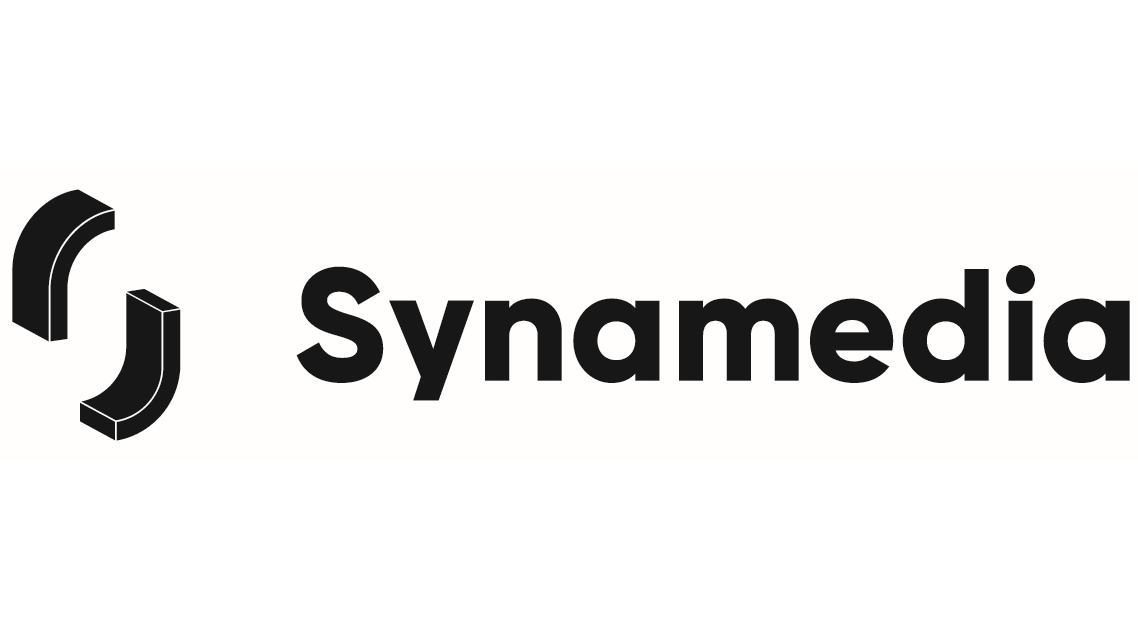FCC Incentive Auction Payments Parsed...

WASHINGTON—The Federal Communications Commission said it directed the U.S. Treasury to pay the broadcasters who sold spectrum in the incentive auction. In all, the FCC documents show that around 125 entities—some with multiple licenses—will be splitting a majority of the $10 billion raised in the auction. Payments will be made on 173 licenses, according to a spreadsheet released by the commission. Of the payees, 11 will be going off the air, 132 will channel share and 30 volunteered to move to a lower channel in exchange for a payment.
The 11 stations going off the air may relinquish licenses before receiving payment as long as they notify viewers and cable operators, and file a Suspension of Operations Notification and Request to Cancel License—all according to FCC rules. Those that elect to continue broadcasting during the 90-day window following receipt of payment do not have to broadcast for the entire 90 days, but still have to comply with the aforementioned requirements.
That 90-day window starts five days after the FCC payment Public Notice, which puts the off-air date at Oct. 23. If a station needs more time to go dark, it must submit a waiver request showing the FCC definition of “good cause.”
Channel-sharers will be considered channel-sharers until they miss their sharing deadline and fail to file for a 90-day deadline waiver, which they can do twice, for a total of 180 days to Jan 21, 2018.
Band-changing stations that need more time to move from the old channel to the new one may request a special temporary authority. These will be “granted only in very limited circumstances and will not extend beyond the end of the transition period,” according to the cited Broadcast Transition Procedures Public Notice released Jan. 27, 2017, para 39.
Also from the BTPPN: “Reassigned stations and band changing stations that are unable to complete construction of their post-auction channel facilities by their deadlines may seek a single extension of up to 180 days.”
Extension requests must be justified. Possible circumstances might include weather delays, nonavailability of equipment or a tower crew, tower lease disputes, “unusual technical challenges” land use and zoning issues, and/or delays related to competitive bidding compliance. In limited circumstances, the FCC will consider financial hardship, but if it does not involve bankruptcy or receivership, it better be good, and “ due to rare and exceptional financial circumstances that were unforeseeable or beyond its control.”
Any extension beyond 180 days is subject to the FCC’s tolling rule covering “specific circumstances not under the licensee’s control, such as acts of God or delays due to administrative or judicial review” and only pending bankruptcy with regard to financial hardship.
Stations anticipating the need for an extension must submit an extension application electronically via the FCC Licensing and Management System using FCC Form 2100 – Schedule 337, not less than 90 days before their deadlines.
The FCC said the “system used by the U.S. Treasury to disburse the incentive payments has a limit of $99,999,999.99 per payment, ” so for payments exceeding this amount, multiple disbursements will be made.
Get the TV Tech Newsletter
The professional video industry's #1 source for news, trends and product and tech information. Sign up below.
